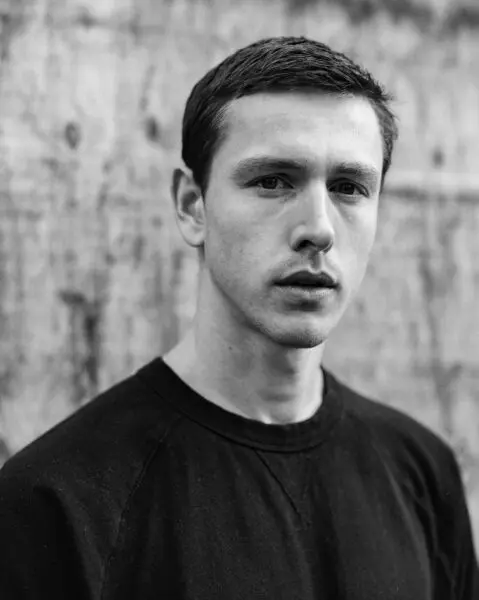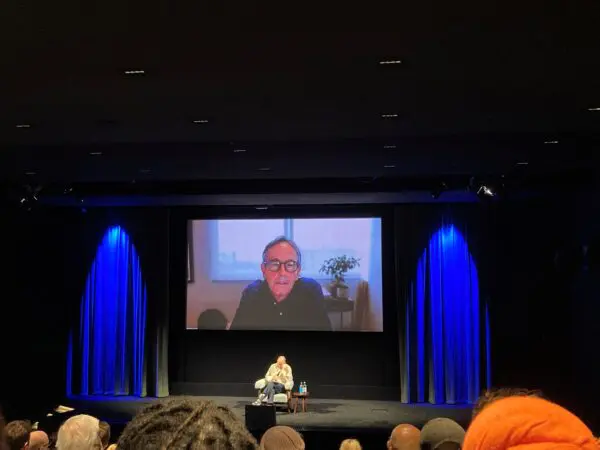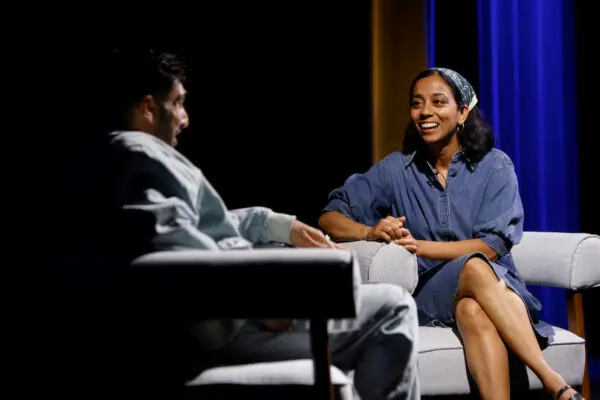David Hare, writer, director, and man behind the recent big screen adaptations of The Hours and The Reader has shared his thoughts on what makes a successful film.
Speaking as part of the 2011 BAFTA and BFI Screenwriters’ Lecture Series he said “a film director is the only one who can make the abstract concrete” as they “align everyone’s views and to make everybody understand the degree to which they are making the same thing”. But at the same time, Hare added: “The screenwriter’s job is to begin that process. To be the first person who does that… the first person who imagines what it will be like”.
Watch highlights from Hare’s talk below:

















